Once we open to love, we rename our obstacles, and we rename ourselves, too. Maybe that's why the early Christians took new names when they converted. Transforming the limiting beliefs we have about ourselves is a vital step on the path to wholeness. I think this is part of what Jesus tells us in the Beatitudes.
We may have begun as lacking in spirituality; when we open the door to God's love, we are lifted and filled with a heavenful of his spirit.
We may have begun as grieving and torn, yet when we open up to God's call, we recover from our shattered loneliness in the loving comfort he offers us.
We may have begun as simple seekers grasping for more belongings to add to our sense of worth, but when we open the way to God's love, we find every priceless thing has already been passed on to us.
We may have begun as famished, without any goodness to point to in our lives, but when we open ourselves to God's love, we find we are satisfied, with enough goodness to share.
We may once have pleaded for mercy, but when we open the door to God's love, we extend compassion to our enemies no matter what we once imagined they deserve.
We may once have found fault in ourselves or others, but when we open up to God's love, we find only the best motives and suddenly God appears wherever we look.
We may once have found ourselves entangled in outward conflict, but when we open the way to God's love, we allow him to overcome the enemies within and as his obedient children, we lay our weapons down.
We may have been misunderstood, bullied, or attacked because of our response to God's love, but if in our openness we have acted in Jesus' character of reconciliation--that is, in his name--we've planted a little heaven on earth. Eternal gain is worth the temporary pain.

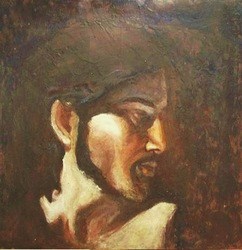
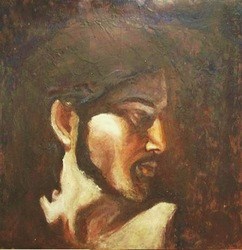
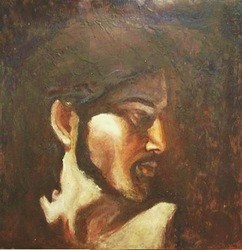

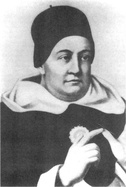
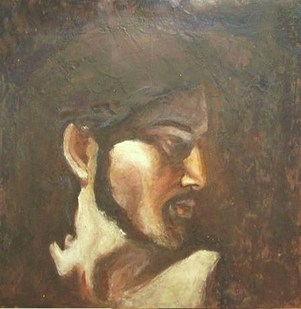

 RSS Feed
RSS Feed
